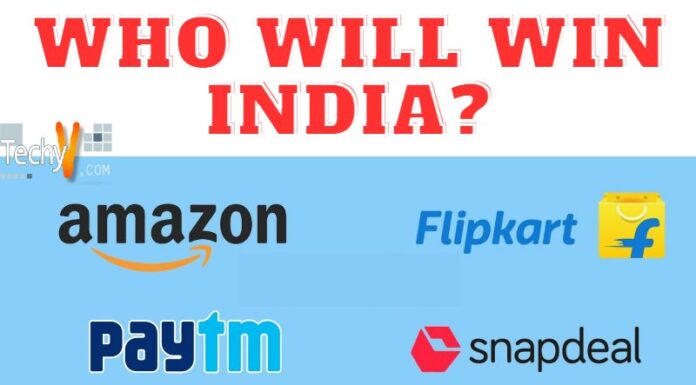
Can you think of something for which there isn’t any mobile application?? If there isn’t one, then it must probably be in the pipeline. There is an app for shopping, games of all kind, important utility apps like Office, emails, booking cabs, and even one for monitoring menstruation. There is an app for calculating dowry for crying out loud! Well, that’s a prank, but still, it is an app.
We all know how these apps have changed the way we interact with our phones and our day-to-day activities. Businesses in India, especially e-commerce have also realized the potential of mobile application. We have a wide array of apps and companies are investing heavily in the development of useful applications. This is true as more and more people have access to Smartphone with proper internet connection. This has not only led to easier access to services, but also an exponential growth in the traffic coming to these apps. From above we can conclude that mobile applications are extremely important but the question arises if they can drive the market single-handedly and whether they are better than the website or not.
Both- Website as well as Mobile applications- has their own advantages and disadvantages. While on one hand, websites provide more functionality in a very elaborate manner, mobile apps, on the other hand, are preferred for portability. Mobile phones have an added advantage of tracking location and usage pattern of the user; hence provide an ability to send customized deals and other notifications to that particular user. Due to this higher frequency of engagement on mobile phones, companies like Facebook get over 70% of their traffic through their mobile app. Similar is the scenario with both major as well as minor e-retail companies. Rapid advancements in payment options, as well as user-interface, are other driving forces behind the popularity of mobile apps. It can also be inferred that mobile application users are more loyal customers. This is true because with an average of 20-25 apps on each phone, very few of them are accessed very frequently, and if your app connects with the user, then he/she is your loyal customer and will keep coming back for more. In the case of e-commerce, the shopping experience is increasingly becoming easier, thanks to similar filters and features as well as extremely user-friendly UI on mobile platforms. Mobile commerce is gaining within the fiscal market due to the facilities offered by banks and credit score companies, like the facility to manage bank account on your mobile, monitor transactions, update passbook, transfer funds etc. all via a single mobile application from the comfort of your home.
With huge smartphone user base and exponentially increasing user activity on mobile platforms, be it smartphones or tablets, e-commerce companies will miss out on a huge chunk of consumers if they ignore mobile commerce. But completely side lining retail through a website can also prove to be harmful to business. This can be seen from the fact that Myntra is coming back to website mode after its brief stint of completely mobile-based service. Not only portability, conversion rate, i.e. purchasing products after viewing it, is also higher on a mobile application.

















